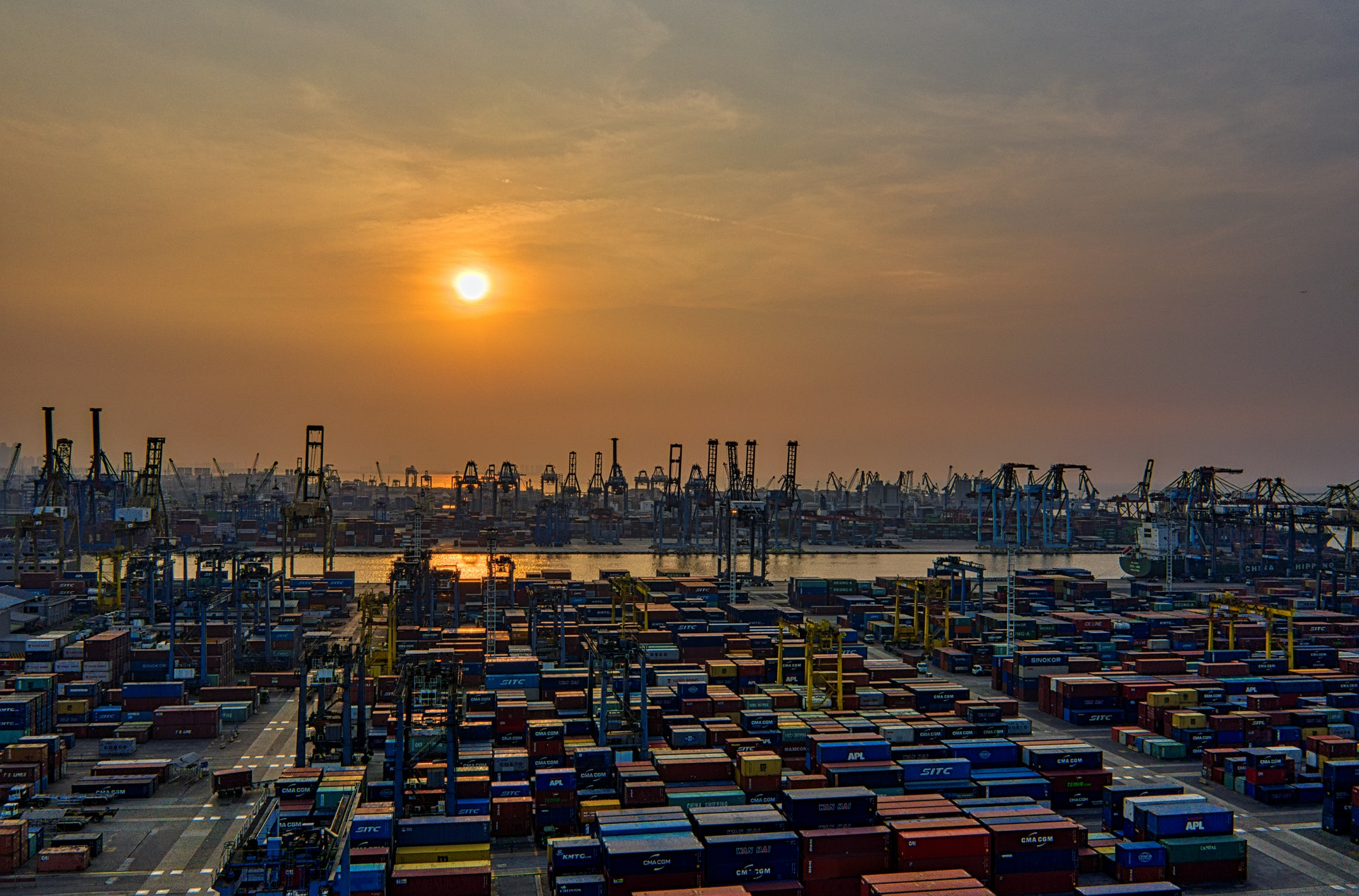
HMRC publishes guidance on postponed import VAT accounting
28 July 2020| CATEGORIES: Brexit, postponed import vat accounting| TAGS: Brexit, import VAT, PVA
HMRC has now published guidance for the new postponed VAT accounting rules for imports into the UK from EU and non-EU countries. Taxpayers do not need to apply for the scheme.
How to complete the VAT return
The guidance includes information on how to Complete your VAT Return to account for import VAT. Under the postponed import VAT accounting system businesses will download a new online monthly statement for their business records. It will show the total import VAT postponed for the previous month which should be included in the VAT Return.
There will also be changes to the information declared in some boxes of the VAT return as follows:
Box 1 – Include the VAT due in this period on imports accounted for through postponed VAT accounting.
Box 4 – Include the VAT reclaimed in this period on imports accounted for through postponed VAT accounting.
Box 7 – Include the total value of all imports of goods included on your online monthly statement, excluding any VAT.
Businesses will need to consider how these changes will impact on the compilation of the VAT return, particularly under MTD.
Who can use postponed import VAT accounting?
HMRC has also published guidance to Check when you can account for import VAT on your VAT Return.
VAT registered businesses do not need to be authorised to account for import VAT on their VAT Return and can start doing so from 1 January 2021.
Postponed import VAT accounting can be used if:
- the goods are imported for use in the business
- an EORI number, which starts ‘GB’ was included on the customs declaration
- the business’ VAT registration number is included on the customs declaration, where needed.
If goods have initially been declared into a customs special procedure, import VAT should be include on the VAT Return when the declaration that releases those goods into free circulation has been submitted. This applies to the following special procedures:
- customs warehousing
- inward processing
- temporary admission
- end use
- outward processing
- duty suspension
Import VAT on excise goods should be included on the VAT Return when the goods are released for use in the UK – also known as ‘released for home consumption’. This includes when goods are released from an excise warehouse after being in duty suspense since the point of import.
When you must account for import VAT on your VAT Return
Businesses eligible to defer submitting supplementary declarations for up to 6 months, must use postponed import VAT accounting. See our earlier blog article for further information on the UK’s phased introduction of border controls from 1 January 2021.
Import VAT must be accounted for on the VAT Return which includes the date that the goods were imported the goods. To complete the boxes on the VAT Return, businesses will need to estimate the import VAT due from their records of imported goods.
When the deferred declaration is submitted the next online monthly statement will show the amount of import VAT due on that declaration. This should be used to adjust the earlier estimate and account for any difference on the next VAT Return.
Imported goods in consignments not exceeding £135 in value
From 1 January 2021 new rules will apply to goods imported into the UK in consignments not exceeding £135. See our earlier blog article for further information on these new rules.
Please get in touch if you wish to discuss the postponed import VAT accounting scheme in more detail.
